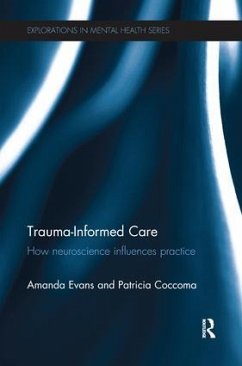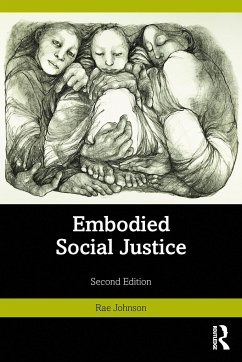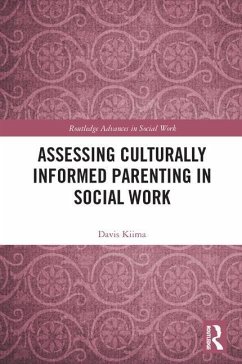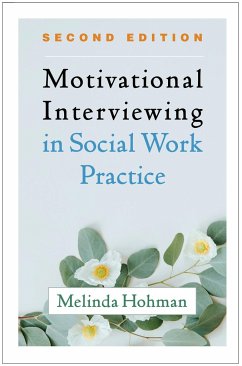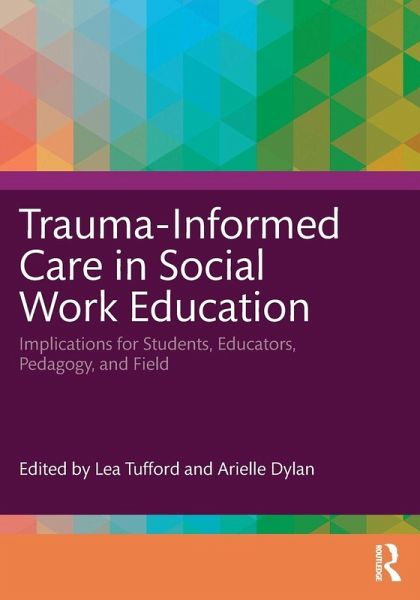
Trauma-Informed Care in Social Work Education
Implications for Students, Educators, Pedagogy, and Field
Herausgeber: Tufford, Lea; Dylan, Arielle
Versandkostenfrei!
Versandfertig in 1-2 Wochen
68,99 €
inkl. MwSt.
Weitere Ausgaben:

PAYBACK Punkte
34 °P sammeln!
Structured and informed by social justice orientations, this essential volume explores how trauma-informed care can be integrated in all aspects of social work education.







